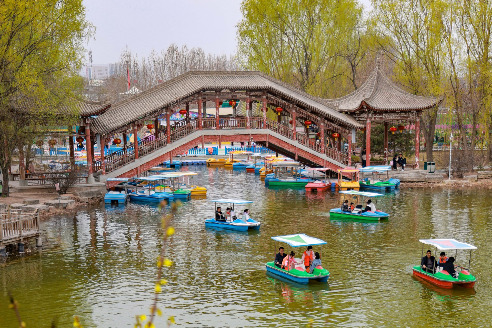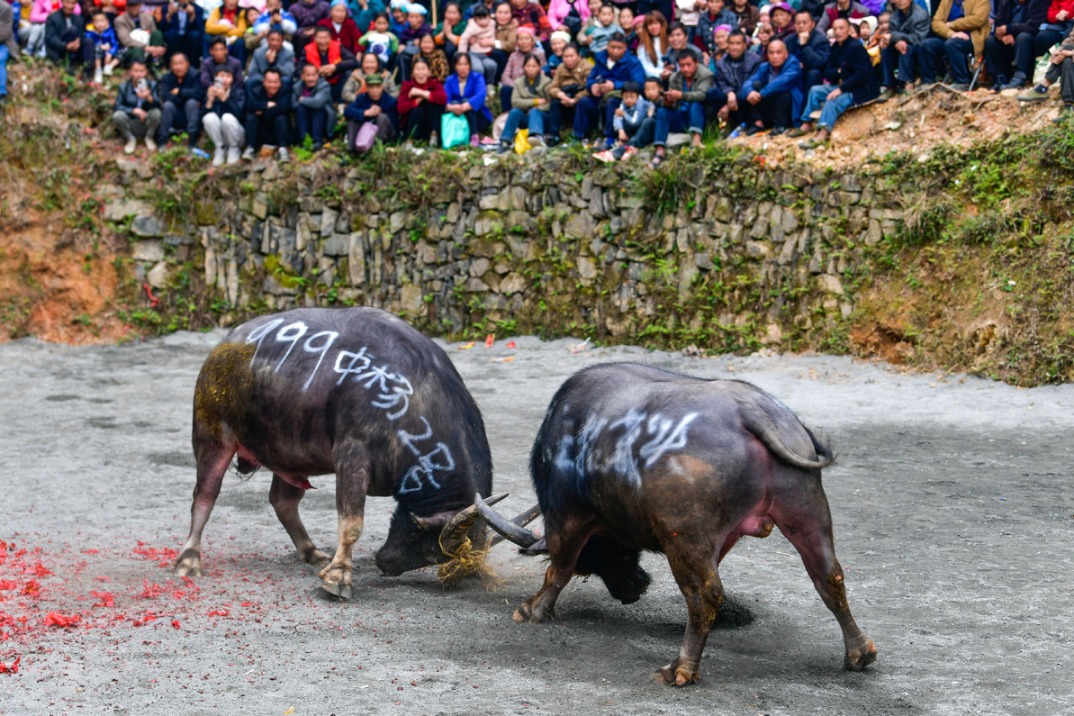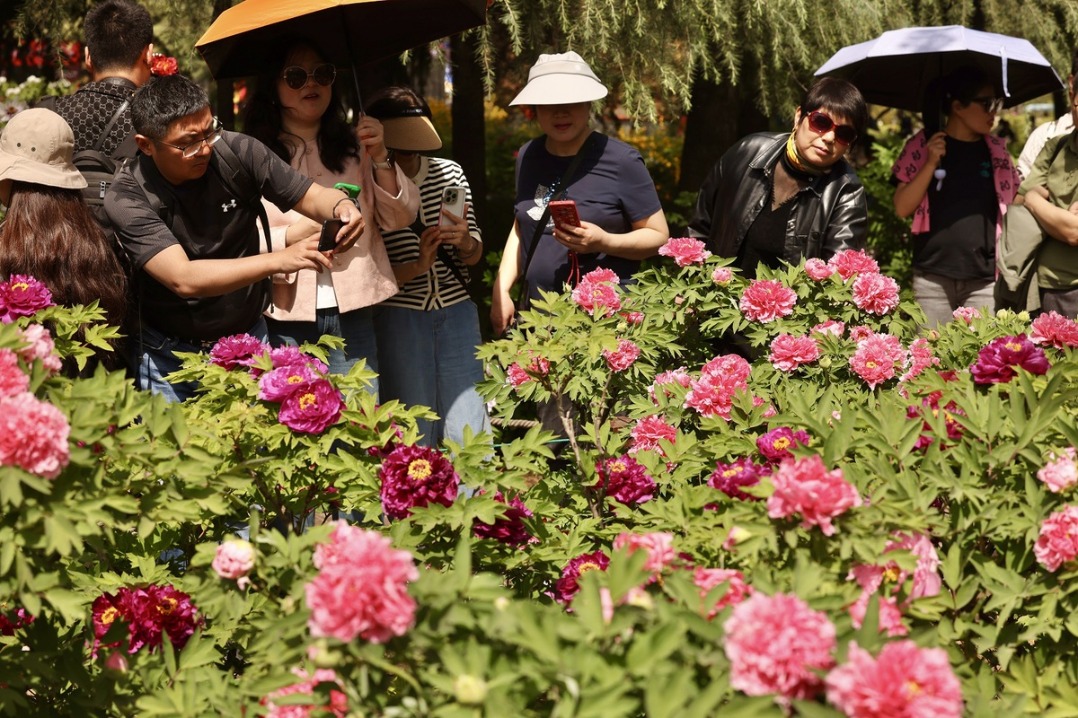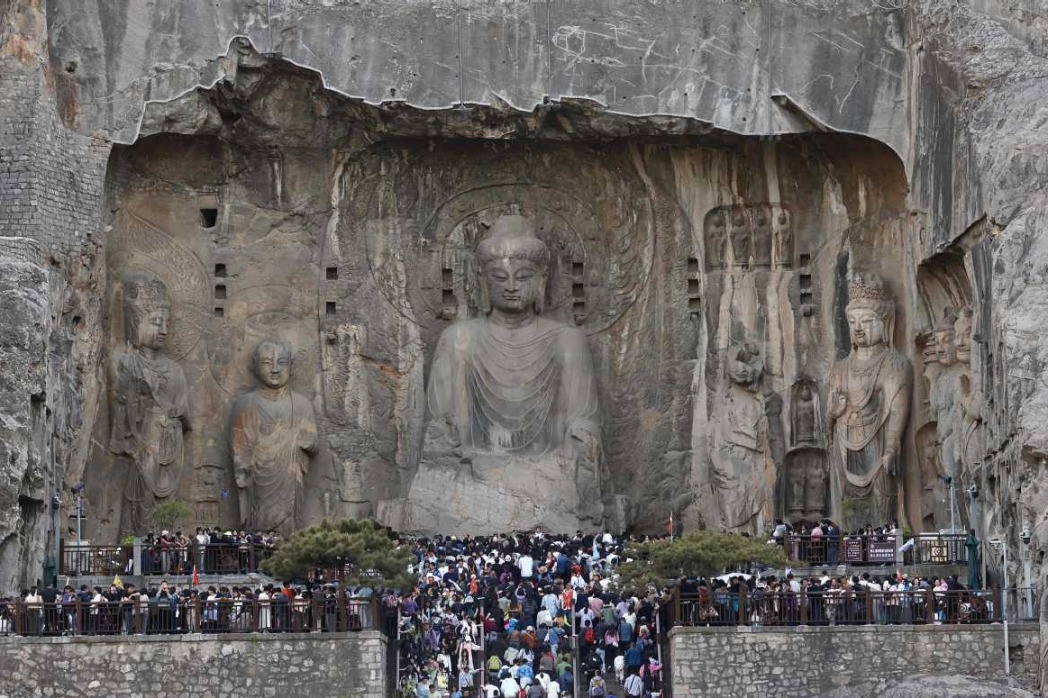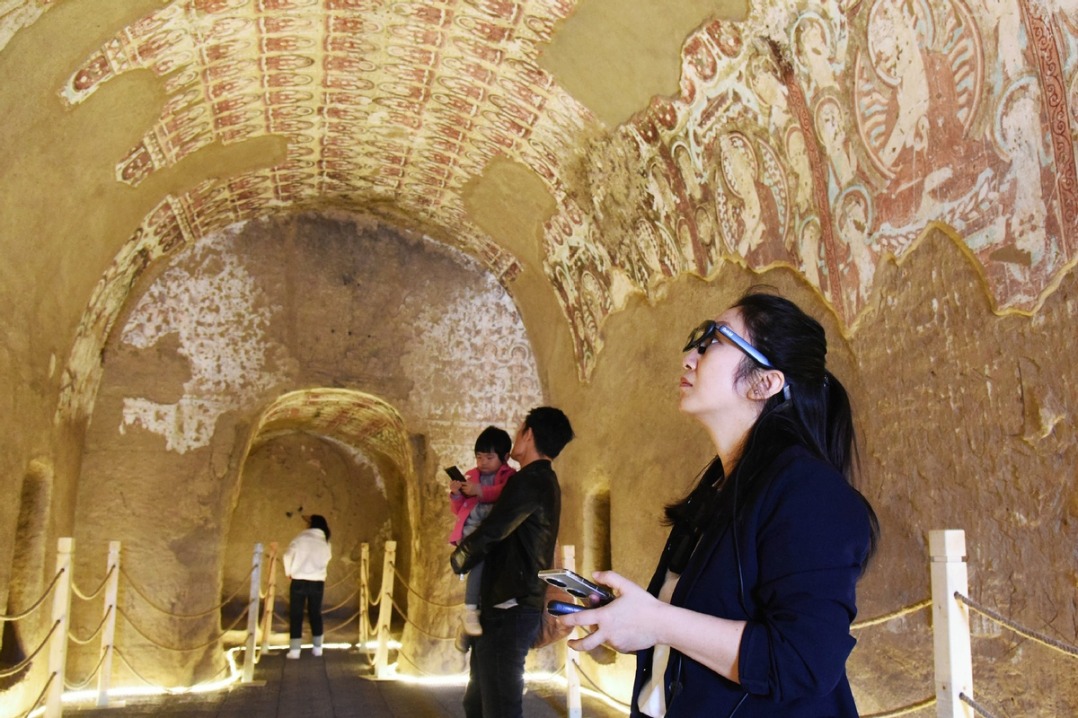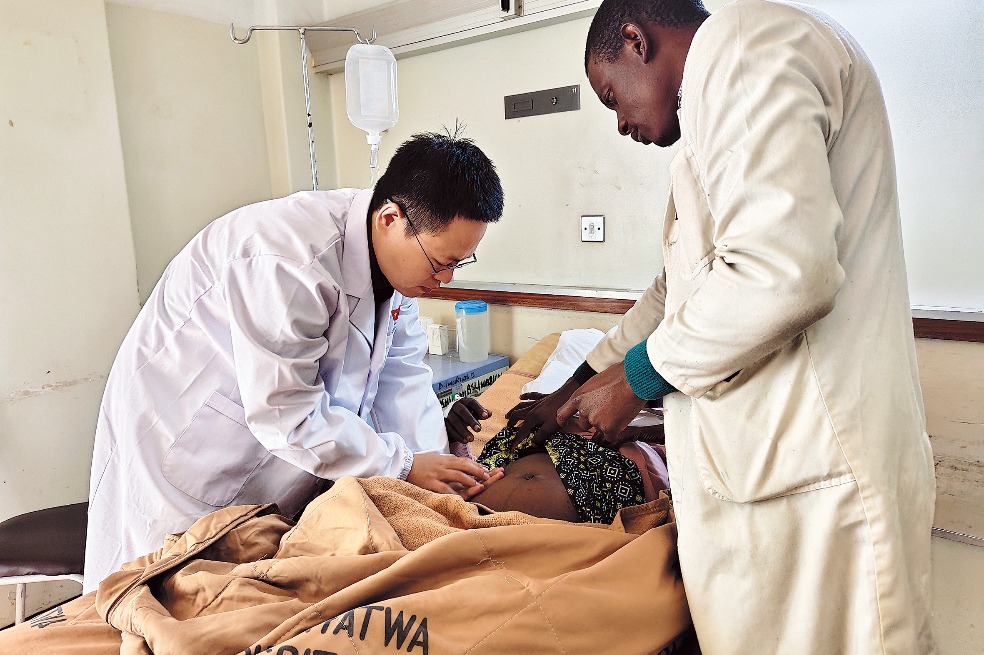Parents divided on new policy for high schools
Some fear effort to give senior students weekends off will affect their studies

A high school student's parent in Huili county in Panzhihua, Sichuan province, recently raised concerns on a local e-government platform over a planned two-day weekend policy that will be introduced in regular senior high schools, drawing widespread attention and debate.
Currently, students enrolled in regular high schools in the county generally attend classes at least six days a week.
The parent said their child is in the second year of senior high school, a crucial period with a heavy academic workload, and expressed worry that the policy might negatively impact their child's chances of getting into a good university.
The national college entrance exam, or gaokao, is the most critical exam in a Chinese student's academic life. It determines university admission and, by extension, future career prospects.
Fierce competition for limited spots in elite universities means rigorous preparation — often starting years in advance — is necessary, with students dedicating nearly all their time to studying.
In response to the parent's concern, Panzhihua's education and sports bureau said the Sichuan provincial education department issued measures in February strictly prohibiting schools from organizing group tutoring or new courses on weekends, holidays or during winter and summer vacations.
While Sichuan has not yet released official guidelines on extended weekend services for senior high schools, some regions have begun piloting the two-day weekend policy, the bureau said.
However, to address parents' concerns, the bureau suggested all senior high schools in the city provide services based on students' and parents' needs.
In October, the Ministry of Education and other central government departments issued implementation guidelines for the two-day weekend policy to reduce students' academic burdens and promote comprehensive development. The guidelines require all regular senior high schools nationwide to implement the policy starting in the autumn semester this year.
Since the start of this year, many regions across China have gradually rolled out the policy. In Hangzhou, Zhejiang province, first- and second-year senior high school students are no longer required to attend school on weekends. In Yangzhou and Nantong, Jiangsu province, first- and second-year students now have two-day weekends, while third-year students receive a one-day break. In Changsha, Hunan province, some senior high schools have issued notices for weekend breaks.
The policy has sparked mixed reactions from parents, leading to heated discussions online.
A parent surnamed Li from Chengdu, capital of Sichuan, said the policy is widely welcomed by her child and his classmates, who now have more time to rest.
"Studying depends more on self-discipline. Even if you keep your child at school on weekends, it may not necessarily be effective," she said.
But Chen Junlong, a parent from Gongxian county in Sichuan, worries that if the policy is fully implemented, his child may fall behind if others use weekends for extra classes.
Chu Zhaohui, a researcher at the China National Academy of Educational Sciences, said the two-day weekend policy aims to curb excessive academic competition and reduce students' burdens.
The 2023 Blue Book of Mental Health in China found that the detection rate of depression among high school students exceeds 40 percent.
Chu said many parents mistakenly believe that the longer their children stay in school, the higher their test scores will be. However, excessive study time may not improve scores and could instead leave students exhausted, reducing learning efficiency. He said the new policy will allow students to participate in social activities, develop hobbies and engage in physical exercise, giving them breathing room for growth.
pengchao@chinadaily.com.cn
- Parents divided on new policy for high schools
- Doctors play pivotal role in intl campaign
- Martyr's grave maintained by family through generations
- China's maternal, infant mortality rates continue to drop
- Legal actions await Qinghai national park trespassers
- Immersive theater opens new worlds for audiences, industry

















